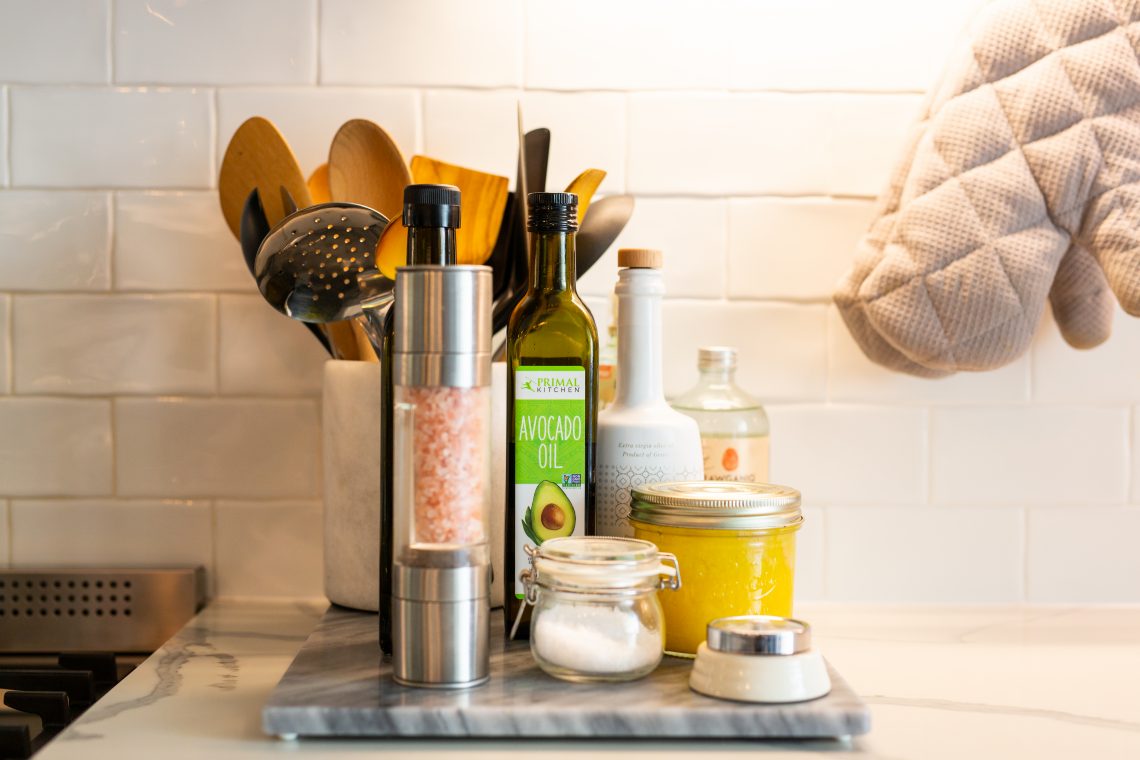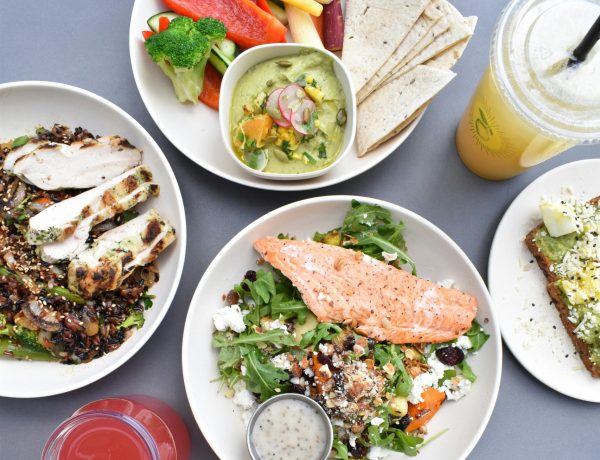A simple guide to help you understand and cook with the best cooking fats and oils for your health!
When you are shopping for oils and cooking fats, there are a ton of options out there. Here is a simple guide to help you navigate and understand what you want to go for, and what you want to avoid!
CHOOSING YOUR COOKING FAT
Great
Whole, unrefined fats including
- Raw butter & Ghee
- Tallow from grass-fed cows, bison, and lamb
- Lard from pasture-raised pigs
- Single-source organic extra virgin olive oil
- Organic and sustainably farmed coconut Oils
- Organic cold-pressed sesame oil, and nut oils
- Avocado oil
- Fair-trade, organic cocoa butter.
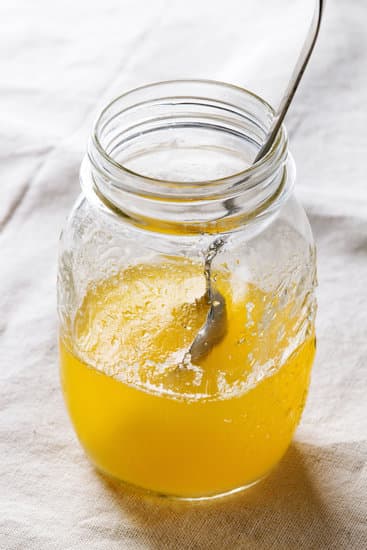
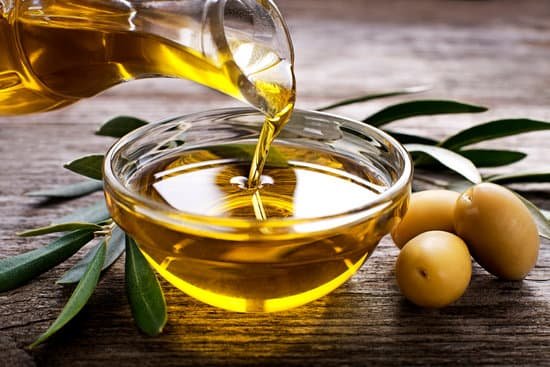
Good
- Cultured butter (made from organic pasteurized milk)
- Conventionally produced extra virgin olive oil
- Refined coconut oil
- Refined avocado oil
Acceptable
- Conventional butter
- Light olive oil (make sure it's not mixed with canola or other vegetable oils)
- peanut oil
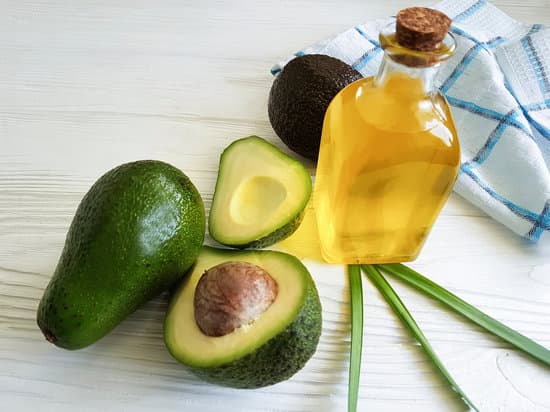
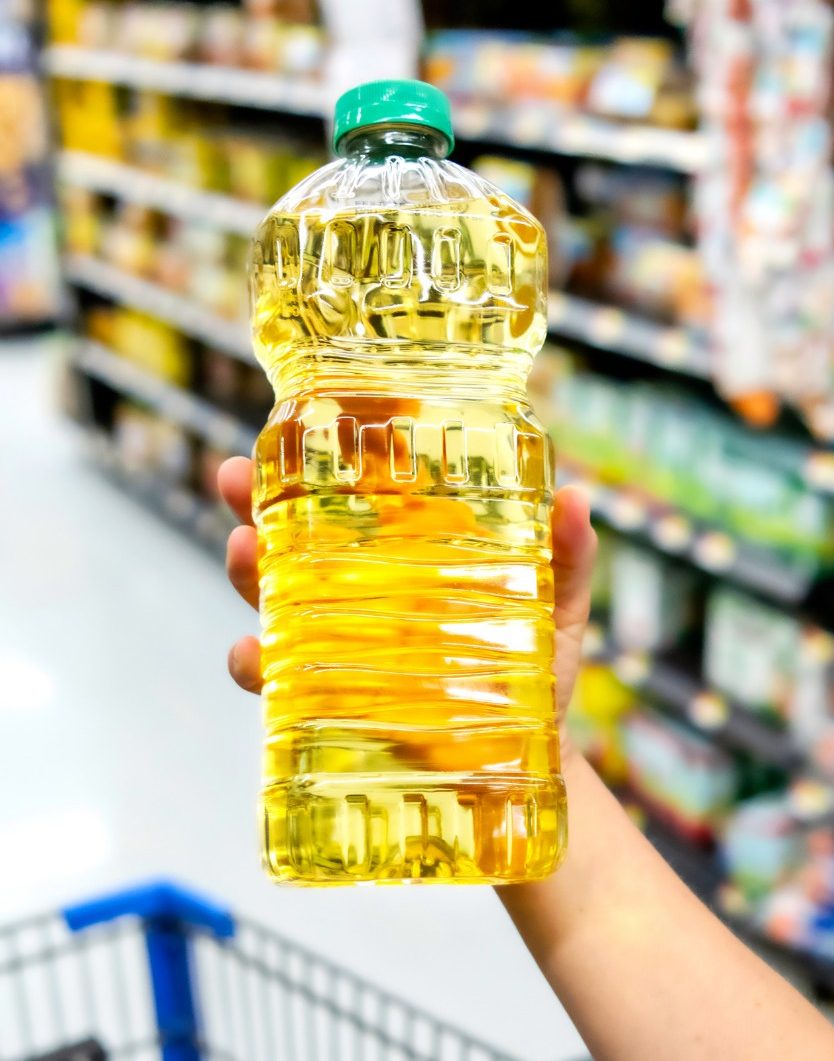
Limit or Avoid
- Margarine
- Corn oil
- Soybean oil
- Canola oil
- Cottonseed oil
- Other vegetable oils
- Shortening and hydrogenated fats
When using your cooking fats, you want to make sure you are using them in the right way. We have saturated, monounsaturated, and polyunsatured. Each has a different heat threshold and should be used accordingly.
HOW TO USE YOUR COOKING FAT

Best fats for high heat – Saturated fats
These fats are extremely heated stable and are excellent for baking, frying, and high heat cooking.
- Grass-fed ghee
- Grass-fed butter
- Coconut oil
- Animal fats
Great fats for moderate heat – Monounsaturated fats
These fats are great for pan-frying, sauteing, and stir-frying. Anything that doesn't require high heat or a long cooking time.
- Cold-pressed avocado oils
- Cold-pressed olive oils
- Cold-pressed peanut oils
Not great in heat – Polyunsaturated fats
These oils can have wonderful health benefits but should stay away from heat. Their molecular structure is quite fragile and you want to make sure the integrity of the oil is maintained. These are best used for dressings, or seasoning at the end of the cooking process.
- Seed oils
- Nut oils
Avoid
I've done an entire post on why these should be avoided.
- Shortening, hydrogenated fats, margarine
- Vegetable oils like corn oil, soybean oil, canola oil, cottonseed oil

